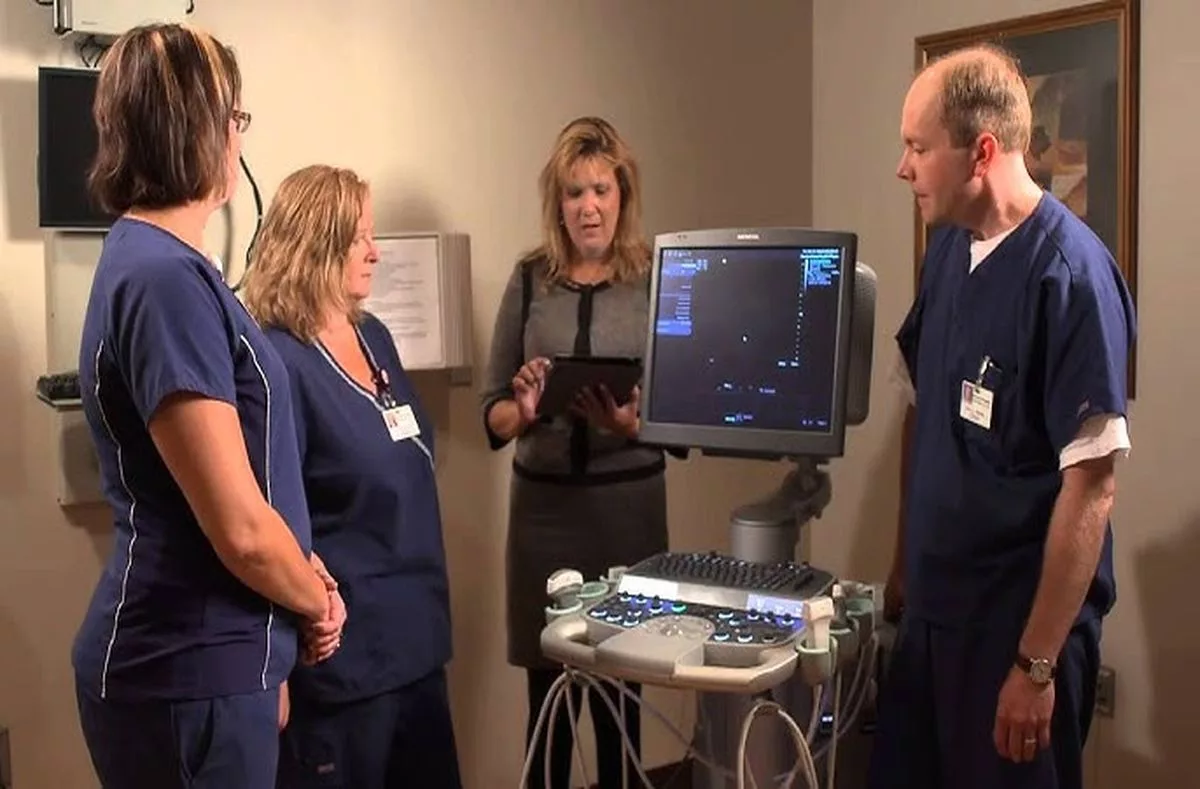Medical Terminology FAQs: Breaking Down Key Terms
Access to healthcare is crucial for maintaining health and managing medical conditions. However, navigating the healthcare system can often be challenging for patients due to complexities in insurance, availability of services, and understanding patient rights. This article provides an in-depth look at healthcare access, exploring key points and frequently asked questions to empower patients in managing their healthcare journey effectively.
Understanding Healthcare Access
Healthcare access is the ability to obtain essential medical services in a timely and efficient manner. Access includes various dimensions, such as availability, affordability, and acceptability of services. The ease of accessing healthcare impacts patient outcomes, particularly for those with chronic or complex health conditions. Healthcare access challenges can arise from socioeconomic factors, insurance limitations, or geographical barriers.
Key Aspects of Healthcare Access
- Availability of Services
The availability of healthcare services depends on factors like proximity to medical facilities, availability of healthcare professionals, and the range of services offered. Rural areas, for example, often face shortages of specialists, which can limit access for patients needing specific types of care. - Affordability
For many people, the cost of healthcare services is a significant barrier. Insurance plans can cover a portion of medical expenses, but out-of-pocket costs, such as copayments, deductibles, and prescription fees, can be substantial. Affordability remains a key factor in ensuring equitable healthcare access. - Insurance Coverage
Insurance plans play a vital role in healthcare access by covering a range of medical services. However, the complexity of insurance policies, including differences in coverage levels, in-network and out-of-network providers, and prior authorization requirements, can sometimes limit access to necessary care. - Cultural and Linguistic Competency
Patients from diverse backgrounds may face challenges accessing care due to language barriers or cultural differences. Many healthcare systems now recognize the importance of providing linguistically and culturally appropriate services to enhance care accessibility. - Transportation and Accessibility
Lack of reliable transportation can hinder patients from attending appointments, especially for those living in rural or underserved areas. Addressing transportation needs is essential for enabling timely access to healthcare services.
Common Barriers to Healthcare Access
Despite efforts to improve healthcare access, many patients face obstacles. These include:
- Limited Health Insurance Coverage
Without comprehensive insurance, patients may struggle to afford treatments and medications. Some may defer care due to high costs, which can lead to worsened health outcomes. - Long Wait Times
Especially in areas with fewer healthcare providers, wait times for appointments can be lengthy, delaying necessary care and leading to potential complications. - Geographical Barriers
Rural and remote areas may have fewer healthcare facilities, requiring patients to travel long distances for specialized services. - Awareness and Education
Many patients lack understanding of the healthcare system, insurance options, and available community resources, which can hinder them from seeking or receiving appropriate care.
FAQ
What should I do if I can’t afford medical care?
If medical care costs are a concern, you can explore options such as community health centers, which offer low-cost or sliding-scale fees based on income. Many hospitals also provide financial assistance programs to help patients manage costs.
How do I find a primary care physician within my insurance network?
Most insurance providers have online directories that list in-network physicians. You can also call your insurance company for assistance. Finding an in-network doctor ensures lower out-of-pocket expenses.
What is a copayment, and when do I have to pay it?
A copayment is a fixed amount you pay for a covered healthcare service, typically due at the time of the appointment. Copayments vary based on the type of service (e.g., primary care visit, specialist visit).
How can I get medical care if I live in a rural area?
Telemedicine can be a valuable option for accessing healthcare remotely. Additionally, some areas offer mobile health clinics or transportation assistance programs for rural residents.
What is the difference between in-network and out-of-network providers?
In-network providers have agreements with your insurance plan to provide services at a reduced cost. Out-of-network providers do not have these agreements, often leading to higher out-of-pocket expenses for patients.
How can I access care if I don’t speak English fluently?
Many healthcare providers offer language assistance services, including interpreters, to help patients communicate effectively. Ask your provider or hospital if these services are available.
What should I do if I need to see a specialist but there’s a long wait time?
Speak with your primary care physician for alternative options, such as seeing another specialist or utilizing telehealth services. You may also ask to be placed on a cancellation list for sooner availability.
What is preventive care, and why is it important?
Preventive care includes services like vaccines, screenings, and wellness check-ups that help detect or prevent illnesses early on. Many insurance plans cover preventive care at no additional cost to encourage early detection.
How can I lower the cost of my prescription medications?
Ask your healthcare provider about generic alternatives, which are often cheaper. You may also check if your pharmacy offers discount programs or consider mail-order options for lower prices.
What resources are available if I can’t afford my health insurance premiums?
If you’re unable to afford premiums, look into government programs like Medicaid, which provide healthcare coverage based on income. Some states also offer assistance programs for low-income individuals.
Conclusion
Access to healthcare is a fundamental need, yet many people face barriers that prevent them from obtaining necessary medical services. Understanding the factors affecting healthcare access and knowing what resources are available can empower patients to take control of their healthcare journey. By being informed and proactive, patients can navigate the healthcare system more effectively and receive the care they need.










